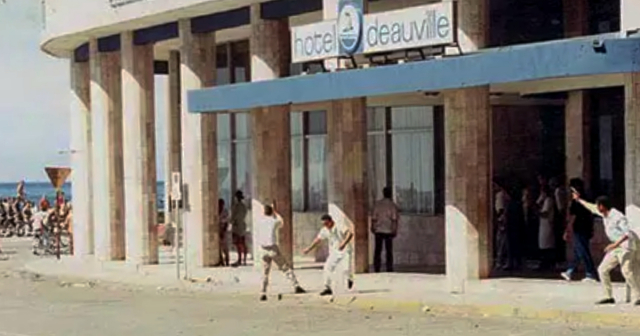El Maleconazo, the first major anti-government protest in Cuba since 1959, turns 30 this Monday.
It was an event in which hundreds of people walked along the Malecón and nearby areas expressing their discontent with the economic situation on the island and calling for freedom.
In 1994, Cuba was experiencing the economic crisis that hit the country hard following the disappearance of the Soviet Union and the fall of the socialist bloc in Europe, what has been called the "Special Period."
The outbreak was preceded by weeks of tension, after the sinking of the tugboat '13 de marzo' on July 13, which was hijacked by Cubans seeking to emigrate to the United States. As a result, 37 people died.
While the Cuban government claimed it was an accident, the survivors blamed the coast guard for ramming them.
The protests were followed by the exodus of the rafters in the summer of 1994.
The Dutch photographer Karel Poort, who was on vacation in Cuba at that time, unexpectedly captured some of the most iconic images of the Maleconazo.
In an interview, Poort recalled how he took his Nikon F301 camera and headed to the Deauville hotel, located across from the Havana Malecón, where people were shouting slogans like “Cuba yes, Castro no!” and “Freedom!”, Efe agency recalls.
"He was the only one there. There were no cell phones back then. That's why those photos are so special," concludes Poort.
Today, the regime has once again presented its version of history using its official propaganda media. Under the title "Against Vandalism, the Moral Force," an article from the Granma newspaper, affiliated with the Communist Party, labels those who came out to assert their rights and were repressed at the behest of Fidel Castro as "antisocial."
This Monday, activists and opponents in Havana also reported internet outages on their mobile phones, a service that is prepaid to ETECSA, the telecommunications company in Cuba, said Radio y TV Martí.
What do you think?
SEE COMMENTS (1)Filed under:
